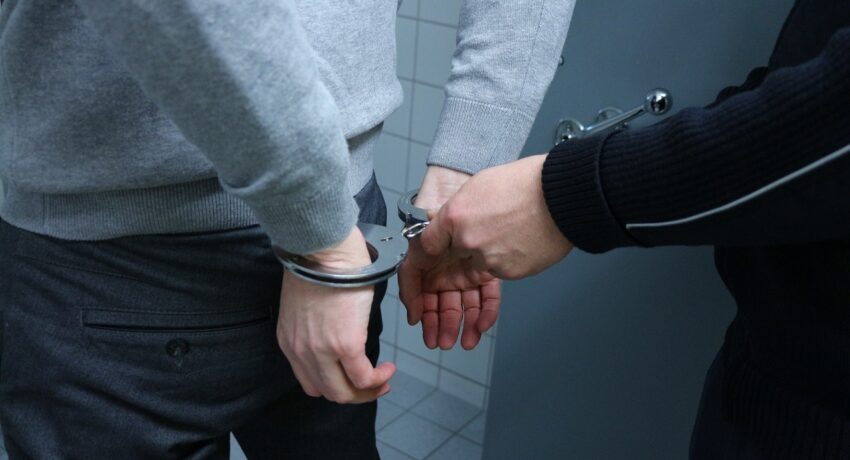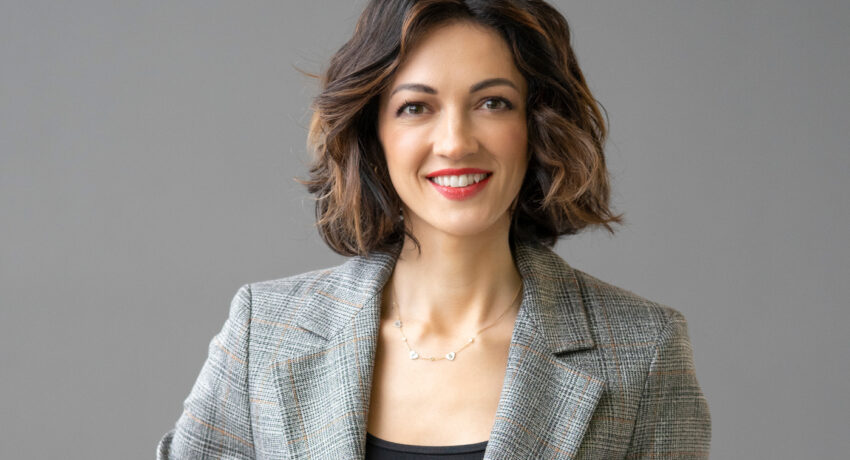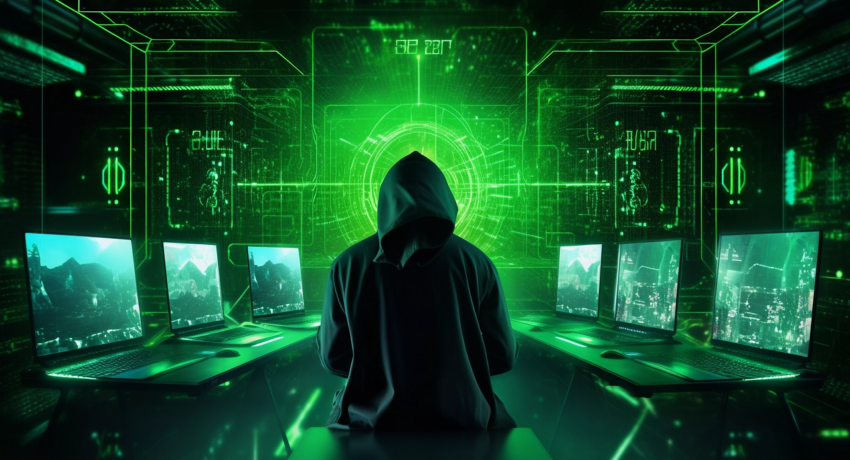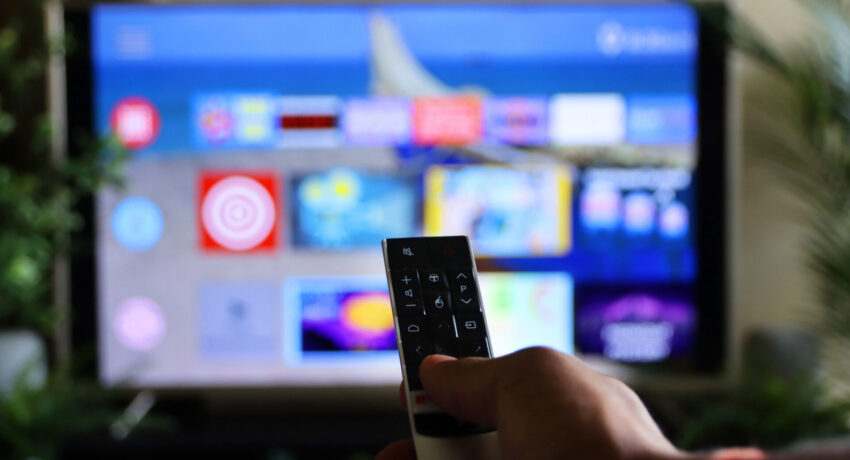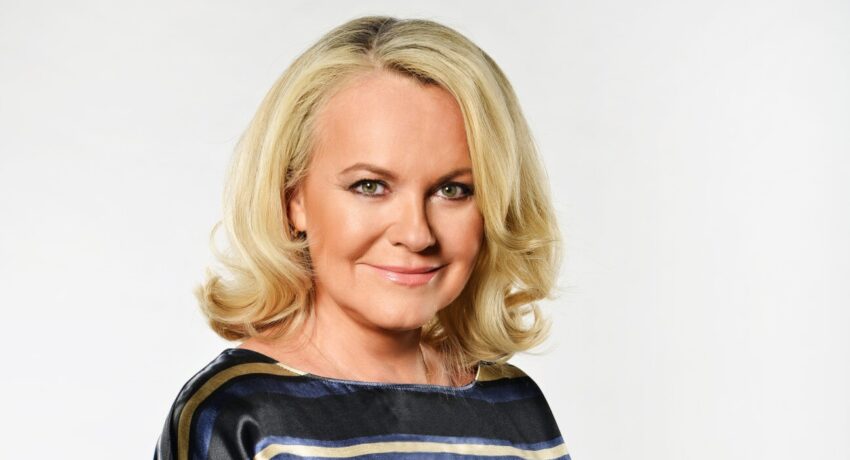FEBRUARY 2025
Following the publication of A Competitiveness Compass for the EU, prepared by the European Commission, we would like to express our concerns regarding the Union’s economic direction—specifically its approach to competitiveness policy in the upcoming five-year period. The Competitiveness Compass is based on the analysis presented in the Draghi report, which outlines the reasons why the European Union is lagging behind the United States and Asian countries. It identifies several key factors that are slowing down competitiveness. However, the question remains whether the proposed solutions truly reflect the realities of the current European market and whether they provide adequate tools for real improvement, i.e. whether the proposed measures can genuinely revitalise the business environment.
Administrative burden and disproportionate regulation
The growing administrative burden and increasingly complex regulations pose a serious issue for our industry. While it is understandable that regulation must respond to modern challenges such as digitalisation and data protection, it is equally important to maintain a balance between regulation and the real needs of businesses.
Especially the increasing number of new reporting requirements and the implementation of extensive compliance systems—such as those related to ESG obligations—are becoming unsustainable and are draining more and more resources from businesses. These obligations should be applied in a targeted rather than blanket manner, focusing only on areas where they can bring real benefits. It is important to recognise that businesses (throughout the entire digital ecosystem) are required to implement additional compliance systems beyond standard compliance in the narrower sense—for example, to ensure compatibility with the aforementioned ESG obligations, requirements arising from GDPR, NIS2, the Political Advertising Regulation, the Due Diligence Directive, and other regulations. This creates enormous pressure and costs for business entities, compounded by the threat of draconian penalties.
Moreover, these regulations do not sufficiently differentiate obligations based on the size of the entities involved (see below). At the same time, various obligations are applied in situations where they are not appropriate at all. The only real beneficiaries of such regulations are consulting firms that exploit businesses’ fears of high fines. To give an example from our sector, in the case of ESG and carbon footprint monitoring, there is a requirement to include all suppliers in the reporting chain regardless of their relevance or actual contribution, which does not lead to effective or meaningful outcomes. A specific example of absurd regulation is the obligation to report the carbon footprint of television advertisements, which lacks practical sense in the context of the media sector. Calculating such a carbon footprint places a considerable burden on the broadcasters concerned, even though the actual impact of television broadcasting on the overall carbon footprint is minimal, and the contribution of advertisements within that broadcasting is even smaller. For many broadcasters, the intention to contribute positively to the environment has turned into a concern that their carbon footprint calculation for advertising (which is inherently very imprecise due to the nature of individual broadcast spots) might show a higher footprint than their competitors (e.g., due to differing methodologies). This would seriously disadvantage them in the market and lead to the loss of advertising clients, without providing any real benefit to the environment.
Another example of poorly considered regulation can be found in certain obligations under the Digital Services Act (DSA). For instance, even smaller companies operating online platforms are required to report content moderation cases to a database maintained by the European Commission. However, this database already contains approximately 10 billion records per half-year due to VLOPs (Very Large Online Platforms), so adding a few hundred reports from a smaller platform has no practical significance. Additionally, the provisions on out-of-court dispute resolution in the DSA have an entirely inappropriate and illogical structure that has the potential to significantly worsen the business conditions for smaller companies in this sector. Other obligations, such as excessive justification or content removal within the notice-and-action system, are also very burdensome in practice. In particular, for VLOPs, the scope of obligations—whether statutory under the DSA or based on soft law developed from it—regarding the removal of content that is not directly illegal should be carefully reconsidered.
Last but not least, it is necessary to mention a problem we are encountering more and more frequently: the tightening of the interpretation of legal regulations due to changes in the interpretation by regulatory or supervisory authorities or the Court of Justice of the EU. A typical example is the interpretation of the GDPR, which is constantly being made stricter. This includes, for example, the interpretation of the concept of necessity, the assessment of targeted advertising, and so on. From a business perspective, it seems that regulatory authorities and courts are sometimes completely detached from reality and unable to accept that businesses also need some space to operate innovatively. In such a situation, achieving the goals of the Digital Europe strategy will become nothing but a chimaera. While EU bodies often praise themselves for how some EU legal regulations have become models for other countries (GDPR, DSA, etc.), they overlook the fact that other states are trying to learn from our mistakes and design their own regulations so as not to hinder business and societal development, but rather to find a balanced relationship between protecting citizens’ rights and the economy.
The issue of supporting small and medium-sized enterprises
Related to the above is another problematic issue—the differentiation of obligations imposed on individual businesses based on their size. For example, our association represents the most significant commercial broadcasters in the Czech Republic, who are considered large enterprises at the national level. However, on the EU scale, our size is insignificant given the EU market and our influence on it. The Czech Republic is a smaller EU member state that cannot be compared in size to many other member states. In the context of the global market and compared to giants like Google and Meta, the significance of our members is negligible.
Therefore, in the context of the EU media market, we consider it crucial to point out the unfair approach to supporting different types of businesses. While small and medium-sized enterprises are continuously supported both at the EU level and through national programmes funded by European funds, there is a lack of sufficient support for larger national providers, especially in smaller member states such as the Czech Republic.
This difference in approach is not in line with the principles of fair competition and balance and should be reconsidered. Large providers, who are positioned between small national entities and global players, should be ensured fair support and equal conditions within the EU market, rather than being disadvantaged solely because they have reached a certain size.
The necessity of preserving national diversity in the media sector
The European Commission repeatedly speaks about the benefits of the single market; however, it is essential to preserve national diversity in the media sector. The single market may not always be a universal cure-all for every sector, particularly when it comes to the media and the cultural and creative industries in general. This industry is strongly tied to national specifics and values, and these must be preserved. The media sector in individual member states is diverse, and taking these differences into account is crucial to ensuring a high-quality and balanced media environment across the entire EU.
Protection of competition and its consequences
In this context, it is also necessary to mention the issue of competition protection, which in some cases could actually be perceived as a factor working against competitiveness. Recent legislation, such as the European Media Freedom Act (EMFA) and other regulations that include provisions on competition protection, may have disproportionate impacts on the competitiveness of traditional providers — broadcasters. More broadly, various protective regulations in the media sector, which increasingly regulate an already sufficiently regulated sector of traditional players, are undesirable because they can block the emergence of effective competition against non-European multinational players, such as global platforms.
Assessment of the effectiveness of new legislation
The European Commission states that new legislation, such as the DSA, DMA (Digital Markets Act), EMFA, or AI Act, has contributed to the effective functioning of the market. However, this claim is based solely on theoretical assumptions and does not take into account the actual practice and results of these regulations, which have only been in effect for a short time or are still in the implementation phase. In other words, the period during which these laws have been in force is too short to objectively evaluate their benefits for the market, and, therefore, it is premature to label them as successful. This is further compounded by the issue mentioned above regarding the tightening interpretation of these regulations through the opinions of regulatory authorities and court rulings.
Therefore, we consider the current trend very unfortunate, particularly the tendency of the European Commission to begin expanding, supplementing, or introducing additional regulation for the sector almost immediately after a new regulation has been adopted or implemented. This occurs at a time when the impacts and effects of the original legislation have not been (and cannot be) objectively assessed, and it is not possible to determine whether new legislation is necessary at all. Due to their structure, the public consultations prepared by the European Commission allow relevant officials to draw virtually any conclusions from them.
We must emphasise that in the digital economy environment, we have been in a state of permanent implementation of new regulations over the past seven years (essentially since the adoption of the GDPR), which is very exhausting.
Setting fines and protection of business entities
Regarding the setting of fines within European regulation, we consider it essential that their level is either reduced (or at least more differentiated) or that this authority is returned to the national level. The European Commission should strive to lower fines, which are often financially devastating to businesses, and Member States should have the option to decide on the amounts of fines based on local conditions and specifics. This approach would allow for consideration of the actual capacities of businesses and help prevent situations where doing business in the EU is jeopardised by excessive penalties that undermine rather than promote competitiveness.
For reputable businesses, the size of fines serves not only as an incentive to comply with regulations but, unfortunately, often as a deterrent from entering the market altogether. The compliance risk associated with such drastic penalties (often calculated as a percentage of the entire group’s turnover) is simply too high.
Moreover, the interpretation of how fines are determined is again problematic. A clear example of a completely flawed approach is the EDPB Guidelines 04/2022 on the calculation of administrative fines under the GDPR, which practically calculate fines mechanically based on the turnover of the affected company, without allowing, for instance, at the very first stage to limit the base for calculating fines according to how much of the company’s turnover is generated from the activity within which the GDPR violation occurred.
Ensuring a balance between public and private regulation
We cannot agree with the further transfer of state supervisory activities to private entities, which become responsible for enforcing regulations and imposing sanctions, moreover, with the obligation to report their own violations of legal provisions to supervisory authorities (as is, for example, assumed by GDPR or NIS2).
At the same time, it often happens that due to the state’s inability to enforce its own rules against those who violate them, the responsibility for ensuring compliance with legal regulations is rather shifted to other links in the supply chain, regardless of whether they can realistically detect violations by their contractual partner.
This trend is unsustainable, as exemplified by the Act on Advertising Regulation, where in some cases the responsibility for the content of the advertisement is shifted onto the distributor or entities throughout the entire supply chain, leading to excessive burdens and legal uncertainty. Especially in the digital sphere, where the distributor often does not even know in advance what the content of the advertisement placed by the advertiser in their digital inventory will be, and effectively remains unaware of it, this regulation lacks any real sense.
Taxation of platforms
To ensure a level playing field in the audiovisual industry, it is essential to address the issue of platform taxation directly at the European level, which is key to equalising all actors. The current situation, where national (local) providers face different taxation compared to non-European entities, creates unbalanced conditions. For example, AVOD platforms are subject to taxation, while some untaxed platforms from third countries enjoy a significant competitive advantage by not being taxed in this way. This disparity in taxation when providing identical services leads to inequality between European and non-European providers, negatively impacting the competitiveness of the entire European market. We hereby appeal to the European Commission to prepare a unified taxation framework for all players to ensure fair business conditions and competition in the audiovisual sector.
Proposed amendments to the AVMS Directive
The most important regulation for broadcasters and on-demand audiovisual media service providers is the AVMS Directive. We believe that the following changes should be made to it:
- Audiovisual commercial communications promoting legal products (alcohol, HFSS foods, potentially gambling) can be an important source of revenue for providers of audiovisual media services. We believe that to maintain the competitiveness of television broadcasting and on-demand AVMS compared to other media types, the AVMS Directive should be amended so that the aim of the codes is not to completely prohibit the exposure of minors to such commercial communications (Article 9 (3) and (4) of the AVMS Directive). We consider it sufficient if self-regulation and co-regulation focus primarily on the content of such commercial communications, especially in the context of the target audience of such advertising.
- Given the ambiguity of the term “foods and beverages containing nutrients and substances with a nutritional or physiological effect, in particular fat, trans-fatty acids, salt or sodium, and sugars, of which excessive intakes in the overall diet are not recommended,” and the potentially massive impact that restricting commercial communications promoting such products could have on the media market and the competitiveness of television broadcasting and on-demand AVMS, we propose to completely remove the regulation of commercial communications related to these products from the AVMS Directive (Article 9 (4) of the AVMS Directive).
- With regard to the provision of programmes, we propose that Article 7 of the AVMS Directive be explicitly supplemented to allow Member States to support the provision of programmes by any means, including technical measures, both financially and by other means.
- We suggest considering whether the obligations under Articles 13 and 16–18 of the AVMS Directive, concerning the support of European and independent production, should be tiered based on audience size and turnover, so that they apply in their full scope only to large providers of audiovisual media services.
Conclusion
To ensure the EU’s competitiveness in the upcoming period, it is essential to maintain flexibility and balance between the single market and national specifics, as well as between the rights of service users and their providers. In addition, the media sector should remain protected from overly rigid and inappropriate regulations.
Legislation that is meant to truly support market competition should take into account the realities and needs of different markets, and be continuously monitored and, after careful consideration, adapted to current challenges.
We believe that the main message we identified in the Compass—namely, the thesis that “we cannot continue as we have until now”—will be fulfilled through specific steps that will contribute to a more business-friendly environment, from which the entire EU society, including future generations, will benefit.

